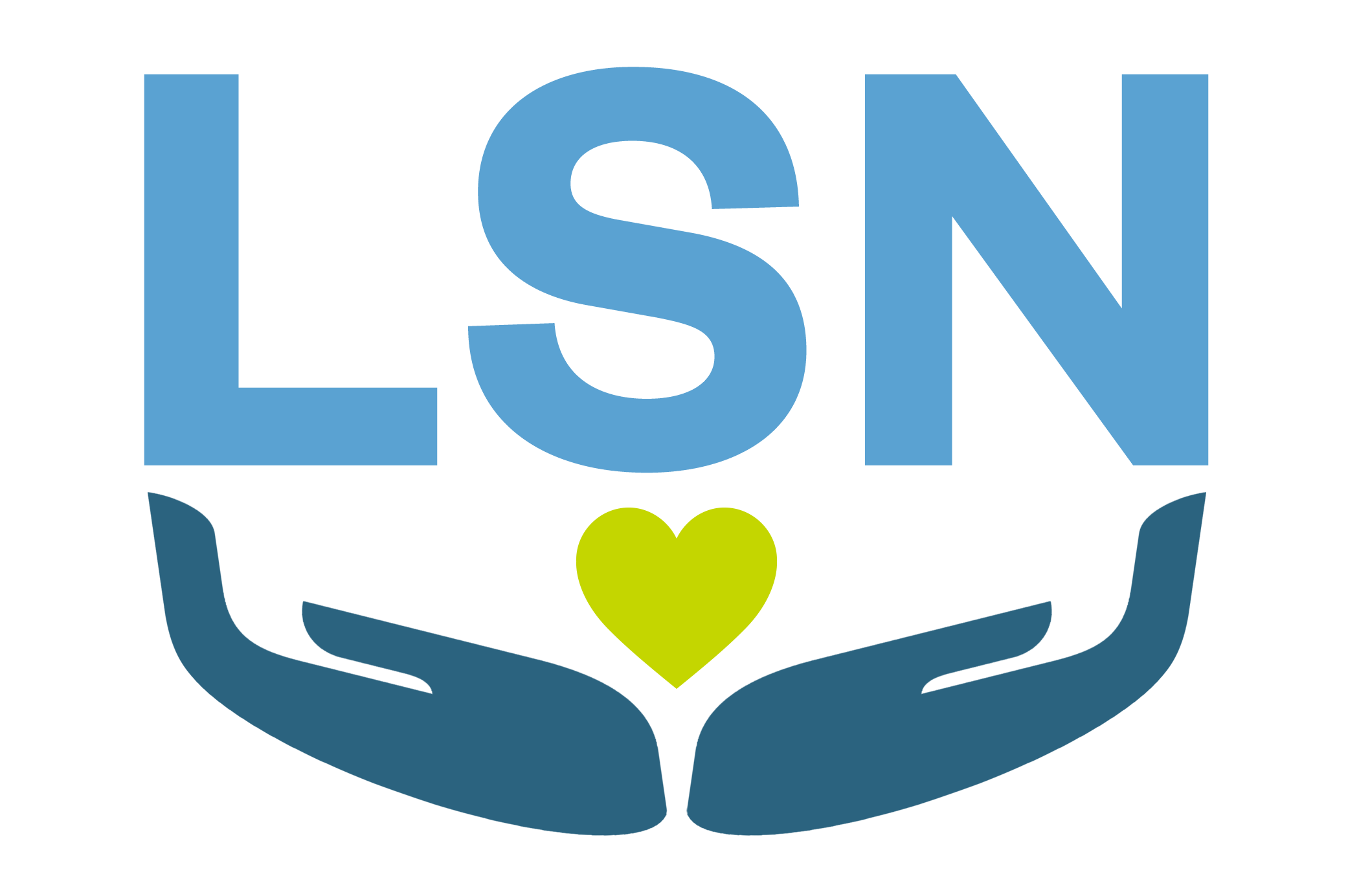JED Campus Partnership

UNC Chapel Hill began a partnership with JED Campus in February 2022. This is an intensive 4-year collaboration to assess and strengthen resources related to mental health, substance misuse, and suicide prevention on campus.
How JED Campus Works: A Four-Year Process
JED Campus provides assessment tools, expert guidance, and customized technical assistance to recommend practices and support implementation. The four year process includes:
- Year 1: Assessment & Strategic Planning
- The institution builds an interdisciplinary team to steer efforts across campus - the JED Task Force.
- JED Task Force completes the self-assessment.
- The institution offers the Healthy Minds Study student survey.
- JED Campus Advisor and Subject-Matter Expert visit the campus, lead focus groups with students and stakeholders, and meet with the Task Force.
- JED reviews information compiled from assessments and provides feedback and strategies for consideration.
- JED Task Force and JED Campus Advisor collaborate to develop a strategic plan.
- Years 2 & 3: Implementation and Community Participation
- JED Task Force works to implement agreed upon strategic initiatives, with support from JED Campus Advisor and Campus Playbook
- Discussion board conversations, webinars, and newsletters provide JED Task Force the opportunity to collaborate with JED Campuses nationwide and engage with best- and emerging- practices.
- Year 4: Evaluation and Sustainability
- The institution readministers the Healthy Minds Survey and completes the JED Campus post-assessment.
- JED provides a summary of progress and guidance on continuing the work of the team.
- The Task Force sets goals for future growth and involvement.
- Institution joins JED Campus Alumni.
JED Task Force at UNC Chapel Hill
This interdisciplinary group leads the JED process on campus, attending regular meetings, assisting with data collection, helping promote the Healthy Minds Study, participating and leading the strategic planning subcommittees, completing assigned tasks and strategies, and engaging with the JED Campus Learning Community. Membership includes:
- Amy Johnson, Vice-Chancellor of Student Affairs and Task Force Co-Chair
- Samantha Meltzer-Brody, Psychiatry Chair and Task Force Co-Chair
- Sara Stahlman, Special Projects and Communication Manager for Health and Well-being and Task Force Project Lead
- Aaron Bachenheimer, Associate Vice Chancellor for Student Engagement
- Avery Cook, Director of Counseling and Psychological Services
- Chloe Russell, Associate Dean and Director of Academic Advising Program
- Dean Blackburn, Director of Student Wellness
- Derek Kemp, Associate Vice-Chancellor for Campus Safety and Risk Management
- Desirée Rieckenberg, Dean of Students
- Ed Fisher, Professor of Health Behavior and Director of Peers for Progress
- Elizabeth Poindexter, Executive Director of Communication for Student Affairs
- Jackie Copeland, Associate Provost and Director of Student Scholarships and Aid
- Joseph Flesh, Peer2Peer Executive Board, Class of 2024
- Kala Bullett, Senior Director for Residential Education with Carolina Housing
- Kara Simmons, Associate University Counsel
- Leah Cox, Vice Chancellor of Diversity and Inclusion
- Jake Diana, Graduate and Professional Student Governance Director of Health and Wellness
- Steve Knotek, Associate Professor and Program Coordinator of School Psychology in the School of Education
- Simon Bloor, Director of Accessibility Resources and Service
- Taft Stevens, Undergraduate Student Government
JED Strategic Plan
Following the year of assessment, JED provided a set of approximately 80 standard recommendations to consider. Most recommendations for UNC Chapel Hill were listed as "Complete" or "In Progress" including sections addressing:
- Strategic planning
- Life skills
- Social connectedness
- Support in transition
- Screening opportunities
- Mental health training
- Help-seeking behaviors
- Health insurance
- Coordination of care
- Substance use support
- Postvention protocols
- Emergency response
Recommendation sections with the most room for growth include:
- Leave policies (e.g. tuition insurance policy for students who need to take a leave of absence)
- Access to care (e.g. improving and expanding memorandums of understandings with local mental health services and providers)
- Means safety (e.g. offering an annual campus environment scan)
Subcommittees
Several subcommittees have been identified to assess action step recommendations and outline specific strategies to pursue during years 2 and 3 of the JED partnership. The subcommittees will focus on key areas to continue momentum on "in progress" items:
- Social Connectedness, Peer Mentoring, and Diversity/Inclusion
- Amnesty and Overdose Policies
- Means Reduction and Safety
- Faculty and Staff Training
- Campus Communication
Healthy Minds Survey
During Fall of 2022, UNC-CH launched the Healthy Minds Survey to every student on campus. The survey response rates were 9% for undergraduate students and 13.6% for graduate and professional students. Key topics were addressed in the survey:
- Mental Health Status
- Service Utilization and Help-Seeking Behavior
- Knowledge and Attitudes towards Mental Health
- Upstander/Bystander Behaviors
- Mental Health and Diversiy/Inclusion/Climate
- Resilience and Coping

